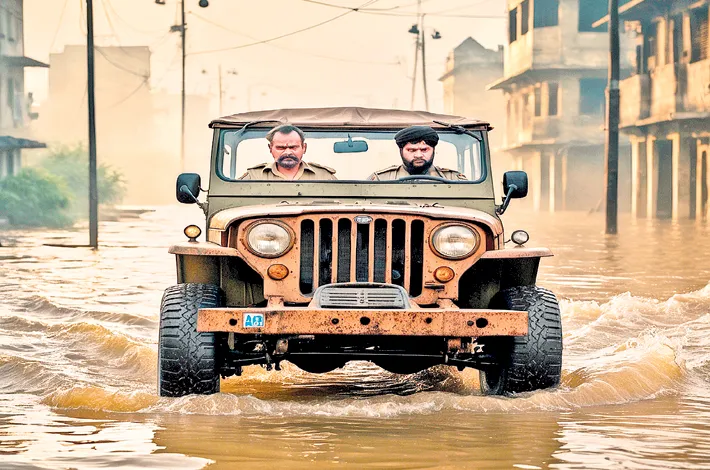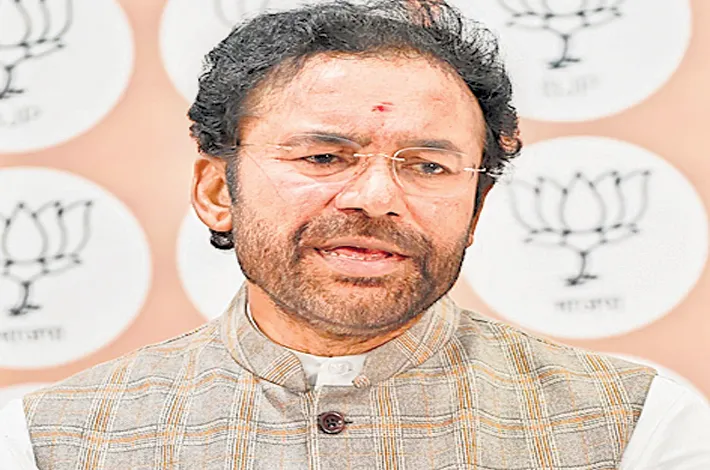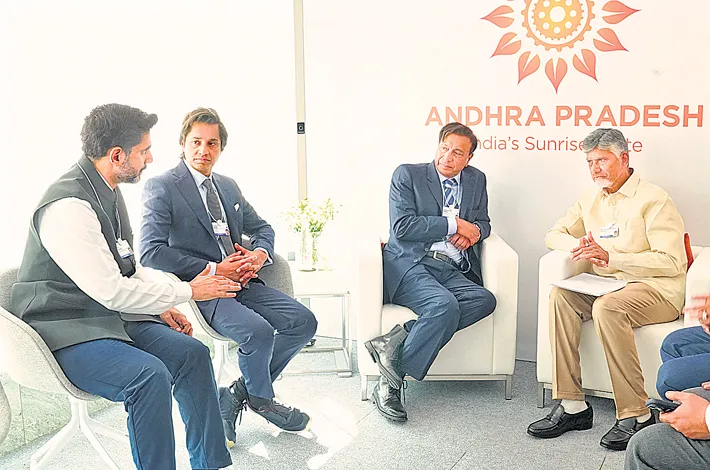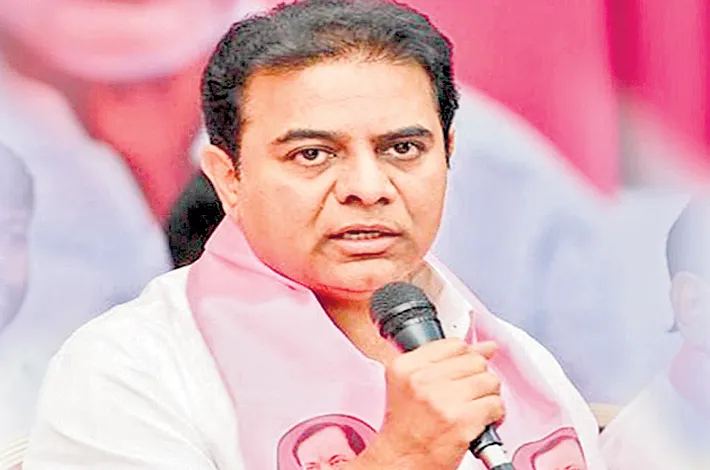The Akola Black Cotton Soil
24-10-2025 12:00:00 AM

The monsoon had battered Akola for three days straight, turning the black cotton soil into a treacherous mire that swallowed bullock carts whole. Inspector Rajesh More cursed under his breath as his battered Maruti Gypsy splashed through the flooded streets of Raopura Colony. The wipers fought a losing battle against the downpour, but it was nothing compared to the storm brewing in his gut. Another body. Another thread in the fraying tapestry of Vidarbha's underbelly.
The call had come at midnight: Vijayrao Deshmukh, the cotton king of Akola, found slumped in his opulent bungalow on Station Road, a antique khanjar dagger—straight out of Narnala Fort's armory—buried in his chest. No forced entry. No screams heard by the servants. Just a pool of blood seeping into the Persian rug, mingling with the scent of rain-soaked earth from the open French windows.
Rajesh parked outside the wrought-iron gates, flashing his badge at the constables cordoning off the scene. The bungalow loomed like a colonial ghost, its whitewashed walls streaked with grime. Inside, the air was thick with incense and grief. Mrs. Deshmukh, Sunita, perched on a velvet divan, her silk saree disheveled, eyes red but dry. "He was fine at dinner," she whispered, dabbing her forehead with a lace handkerchief. "Talking about the mill's new machinery from Nagpur."
Rajesh nodded, his notebook damp in his pocket. Vijayrao, 58, had built an empire on Akola's black soil—miles of cotton fields feeding mills that churned out bales for Mumbai's textile barons. But empires bred enemies. Rajesh's mind raced: the rival mill owner, Prakash Jadhav, who'd lost a court battle over water rights last month? Or the son, Arjun, fresh from a failed stint in Pune's tech scene, drowning in debt?
He started in the study, where the body lay. Vijayrao's desk was a chaos of ledgers and crumpled telegrams. A half-smoked beedi in the ashtray, still warm. Time of death: around 10 PM. The khanjar, its hilt encrusted with emeralds, wasn't Vijayrao's—family heirloom, locked in a safe upstairs. Someone knew the combination.
"Arjun-ji?" Rajesh called. The son slunk in from the veranda, rain dripping from his kurta, eyes bloodshot. "Where were you?"
"Out. With friends at the Shegaon temple road dhaba." Arjun's voice cracked. "Baba was pressuring me about the business. Said I was a disgrace."
Rajesh jotted it down, unconvinced. The alibi would check out, but the tremor in Arjun's hands screamed guilt. Or fear.
Sunita hovered like a shadow. "My husband had threats. Jadhav sent goons last Diwali." Her bangles clinked softly, a nervous rhythm.
By dawn, the rain eased to a drizzle, and Rajesh trudged to Jadhav Mills on the city's edge, where the hum of looms drowned out the chirp of waking sparrows. Prakash Jadhav, burly and bull-necked, met him in a glass-walled office overlooking the muddy fields. "Murder? Good riddance," Jadhav spat, swirling chai in a steel tumbler. "Deshmukh stole my contracts. But I don't dirty my hands."
Rajesh's eyes narrowed. On Jadhav's desk: a ledger with scribbled figures. "Water diversion logs?" he pressed.
Jadhav laughed, a guttural bark. "Business, Inspector. Not blood."
Back at the bungalow, forensics arrived from Amravati—late, as always. They dusted for prints: smudges on the safe, none on the dagger. Rajesh paced the garden, where mango trees wept condensation. Something gnawed at him. The open window. The beedi. Vijayrao didn't smoke—his lungs, ravaged by mill dust, forbade it.
A hunch pulled him to the attic. Dust motes danced in the beam of his torch. Boxes of faded photos: Sunita young and radiant, arm-in-arm with a stranger at the Akola Fort fair. The man—lean, scarred—matched a face from Rajesh's old files. Madhav Kulkarni, Vijayrao's estranged brother, vanished a decade ago after a land scam. Presumed dead in the Tapi River floods.
Rajesh's pulse quickened. He rifled through a trunk: letters, yellowed and perfumed. "My love," one read, signed "M." To Sunita. Adultery? Motive enough for a scorned wife. But the dagger—why that?
Sunita found him there, her silhouette framed in the trapdoor. "Inspector? What are you—"
He spun, torchlight catching the glint of steel in her dupatta. Another khanjar, smaller, concealed. "You brought it from the fort last week," he said flatly. "Family pilgrimage, you called it."
Her face crumpled, then hardened. "Vijayrao knew. About Madhav. He threatened to disown Arjun unless I ended it."
Rajesh stepped closer, the attic creaking like a coffin lid. "So you killed him? For love?"
She lunged, blade flashing. Rajesh dodged, his elbow cracking against a beam. Pain exploded, but he grabbed her wrist, twisting until the dagger clattered down. She sobbed, collapsing amid the relics. "Madhav's alive. In hiding. Vijayrao found him—blackmail. The mills' profits were siphoned to him for years."
The pieces slammed together: the ledgers, the threats. Jadhav wasn't the enemy; he was the pawn, tipped off anonymously. Arjun's debts? Funded by his uncle's ghost money.
Sirens wailed below as backup arrived. Sunita was cuffed, her confessions spilling like the monsoon. Madhav, traced to a dingy hovel near Balapur, surrendered without a fight—reunited in chains with his lover.
Rajesh stood on the bungalow's veranda as the sun pierced the clouds, gilding the black soil gold. Akola's fields stretched endless, hiding secrets deeper than roots. Another case closed, but the shadows lingered. In Vidarbha, blood always seeped back into the earth.
He lit a beedi—Vijayrao's brand—and inhaled the bitter smoke. For the dead. For the living who buried them.








